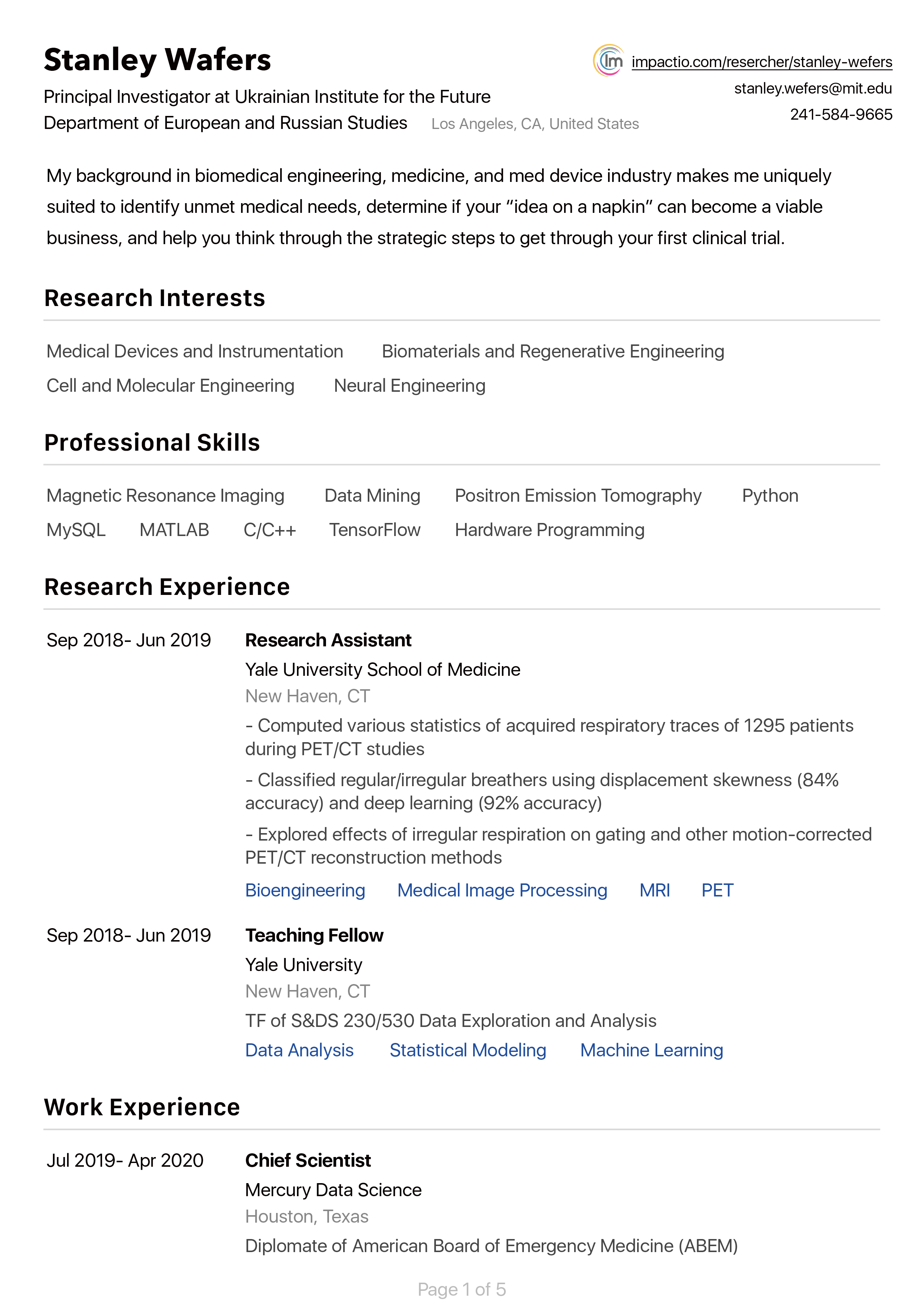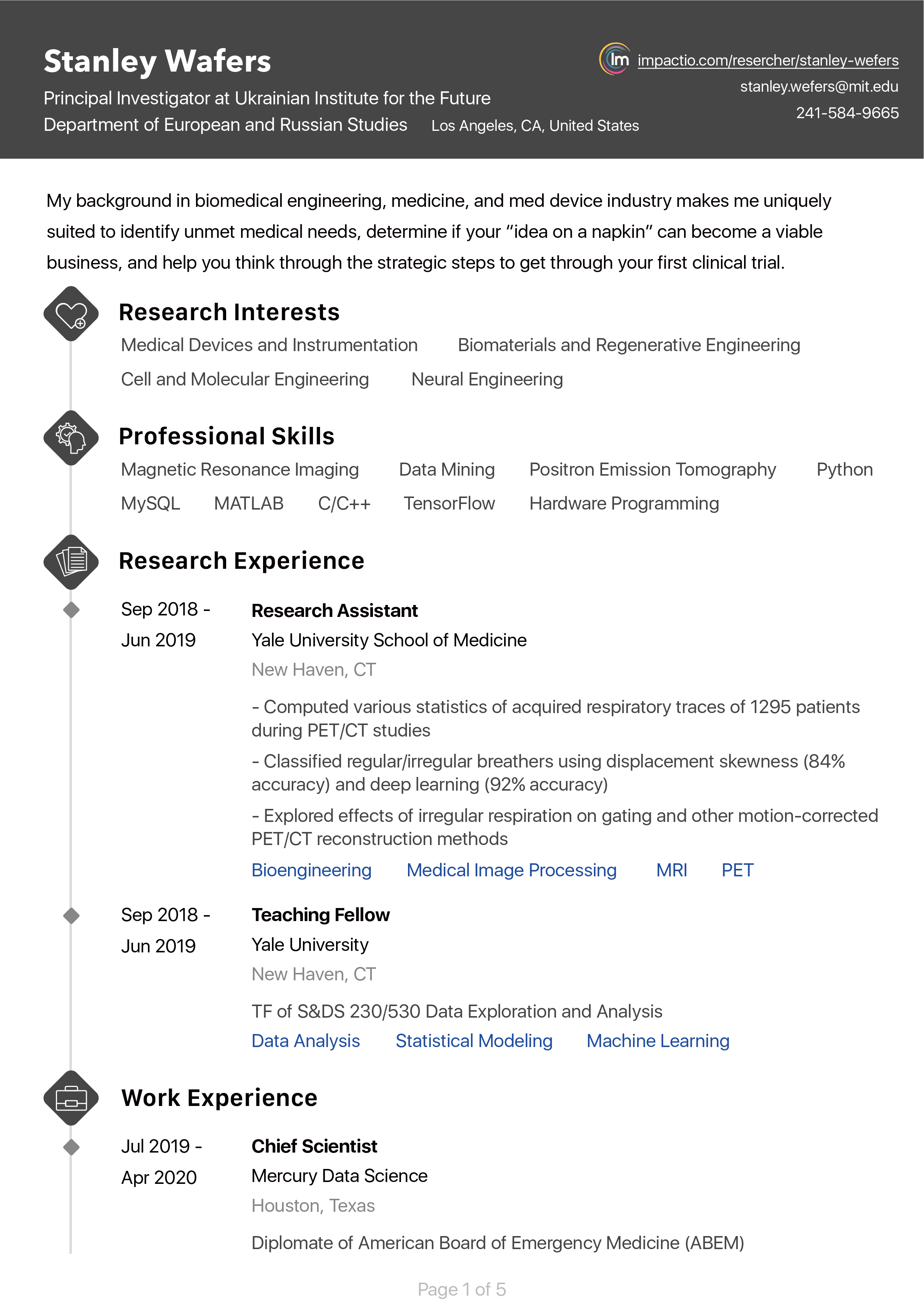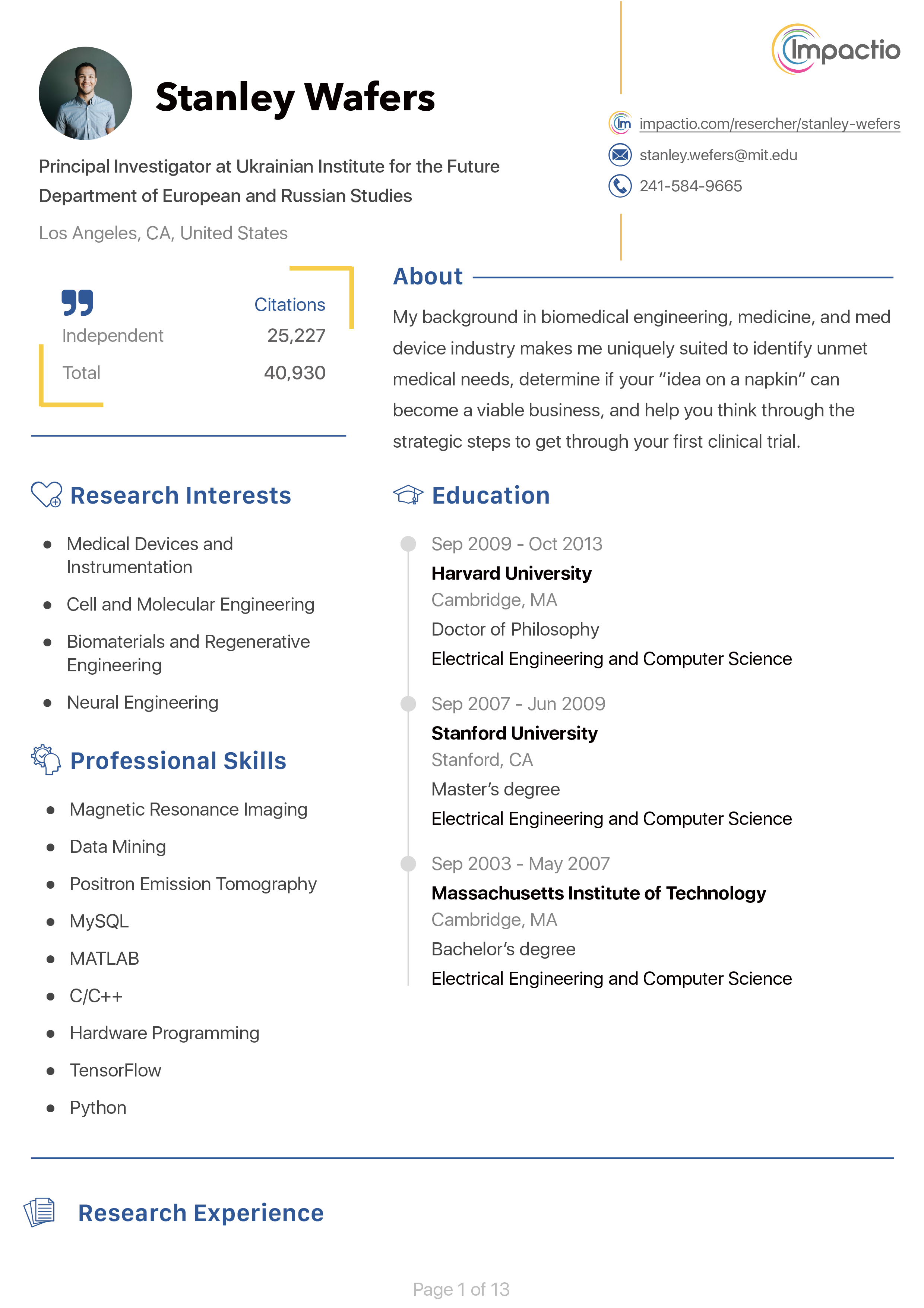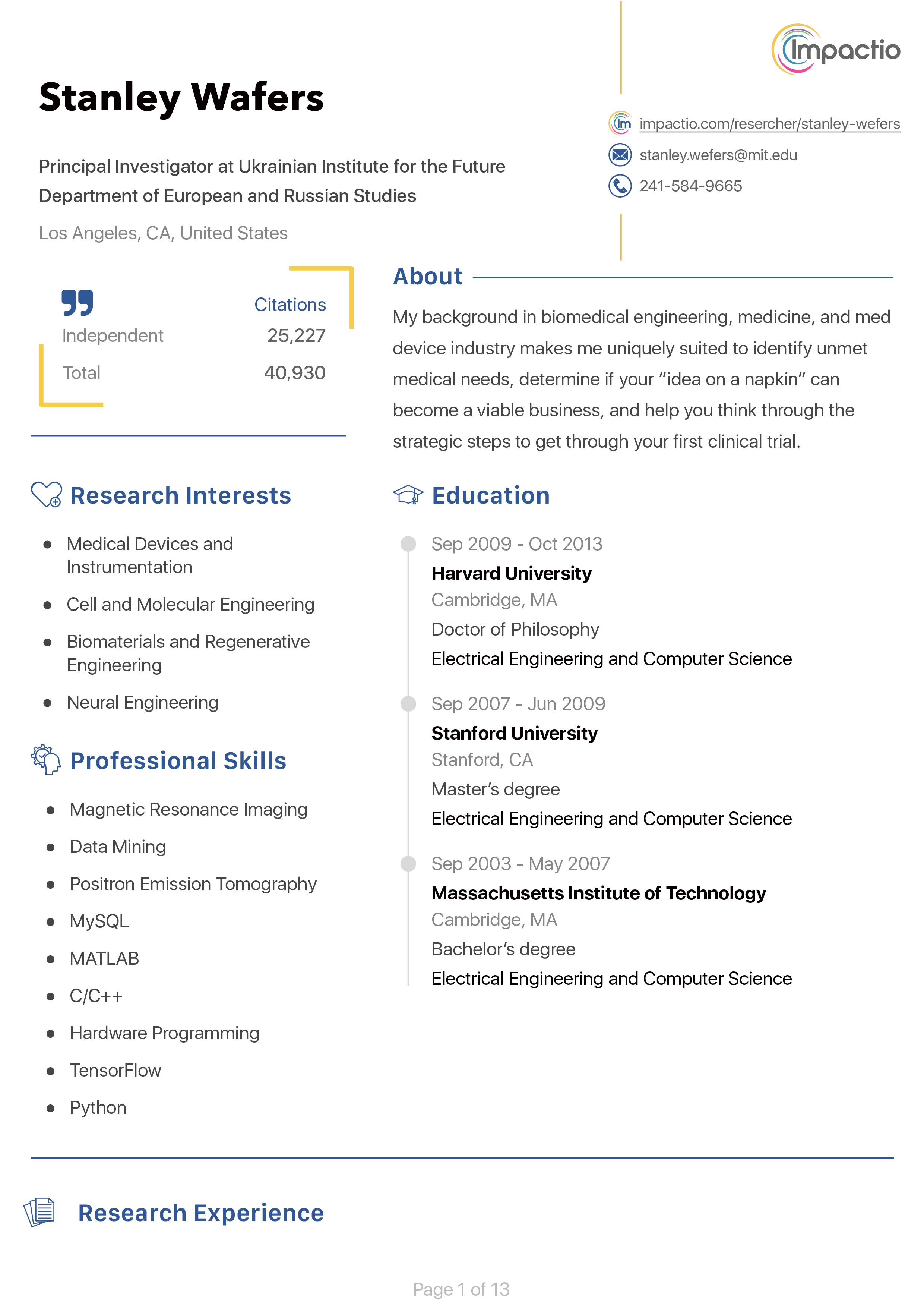About
Vikas Kumar will be soon starting as a Deputy Vice Chancellor Research and Innovation and Professor of Operations and Supply Chain Management at University of Portsmouth, UK. He has published over 300 journal articles and conference papers. He also serves on the editorial board of around seven international journals. His current research focus is on sustainable supply chain, industry 4.0/5.0, circular economy, digital supply chains and operational excellence.
Add your professional skills.
Associate Dean for Resaerch Innovation and Enterprise
Birmingham City University
January 2023 - Present
Birmingham, UK
I am Associate Dean for Research Innovation and Enterprise at the Faculty of Business Law and Social Sciences at Birmingham City University
Business and Management
Supply Chain & Logistics
Industry 4.0/5.0
Sustainability
Circular Economy
Director of Research and Scholarship
University of the West of England, Bristol
January 2019 - Present
Bristol, United Kingdom
As a Director of Research, I work with the Senior Management Team in the Business School to lead and develop an approach to support the research and scholarship area, ensuring alignment with UWE and Faculty KPIs and objectives.
Professor of Operations an Supply Chain Management
University of the West of England, Bristol
September 2017 - Present
Bristol, United Kingdom
I acted as a Programme Leader for MSc International Management from Jan 2016- Jan 2019 and lead 'Management Research' and 'Dissertation' module for MSc IM.
Professor of Operations an Supply Chain Management
University of the West of England, Bristol
September 2017 - Present
Bristol, United Kingdom
I acted as a Programme Leader for MSc International Management from Jan 2016- Jan 2019 and lead 'Management Research' and 'Dissertation' module for MSc IM.
Associate Professor in Enterprise Operations Management
University of the West of England, Bristol
September 2013 - Present
I have taught modules on 'Management Research', 'Strategic Management', and ' Systems, Structure and Operations Management'
Director of Research and Enterprise
University of the West of England, Bristol
January 2019 - January 2023
Bristol, United Kingdom
As a Director of Research, I work with the Senior Management Team in the Business School to lead and develop an approach to support the research and scholarship area, ensuring alignment with UWE and Faculty KPIs and objectives.
Associate Professor in Enterprise Operations Management
University of the West of England, Bristol
September 2013 - September 2017
United Kingdom
I have taught modules on 'Management Research', 'Strategic Management', and ' Systems, Structure and Operations Management'
Lecturer in Management
Dublin City University
November 2009 - September 2013
Taught following modules:
Strategic Management; Corporate Strategy, HRM Strategy, International Service Management; Business Strategy
Lecturer in Management
Dublin City University
November 2009 - September 2013
Dublin, Ireland
Taught following modules:
Strategic Management; Corporate Strategy, HRM Strategy, International Service Management; Business Strategy
Lecturer in Management
Dublin City University
November 2009 - September 2013
Dublin, Ireland
Graduate Research Assistant
University of Exeter
April 2006 - November 2009
Exeter, United Kingdom
Graduate Research Assistant
University of Exeter
April 2006 - November 2009
Exeter, United Kingdom
Research Assistant
The University of Hong Kong
December 2005 - April 2006
Hong Kong, Hong Kong
Research Assistant
The University of Hong Kong
December 2005 - April 2006
Hong Kong, Hong Kong
Research Assistant
National Institute of Foundry & Forge Technology
December 2004 - December 2005
Department of Metallurgical and Materials Engineer
Research Assistant
National Institute of Foundry & Forge Technology
December 2004 - December 2005
Department of Metallurgical and Materials Engineer

University of Exeter
Apr 2006 - Jan 2011
PhD
, Management Studies

University of Exeter
Apr 2006 - Jan 2011
Management Studies
National Institute of Foundry and Forge Technology, Ranchi, India
Jul 2001 - May 2005
Bachelor of Technology
, Metallurgy and Materials Engineering
National Institute of Foundry and Forge Technology, Ranchi, India
Jul 2001 - May 2005
Metallurgy and Materials Engineering
National Institute of Foundry and Forge Technology, Ranchi, India
2001 - 2005
Bachelor of Engineering
, Metallurgy and Materials Engineering
British Academy of Management
2014
BAM
Award
Jul 2015
Won “Highly Commended Paper Award” by Emerald Publishers at Symposium on Service Excellence in Management (QUIS10), 2007, Florida, United States
Won “Highly Commended Paper Award” by Emerald Publishers at Symposium on Service Excellence in Management (QUIS10), 2007, Florida, United States
Jul 2015
Won “Highly Commended Paper Award” by Emerald Publishers at Symposium on Service Excellence in Management (QUIS10), 2007, Florida, United States
Jul 2015
Award
Jul 2012
Won ‘Best Track Paper Award’ in the Logistics and Supply Chain Track at the 3rd International Conference on Industrial Engineering and Operations Management (IEOM2012) held in Istanbul, Turkey, July 3-6, 2012.
Won ‘Best Track Paper Award’ in the Logistics and Supply Chain Track at the 3rd International Conference on Industrial Engineering and Operations Management (IEOM2012) held in Istanbul, Turkey, July 3-6, 2012.
Jul 2012
Won ‘Best Track Paper Award’ in the Logistics and Supply Chain Track at the 3rd International Conference on Industrial Engineering and Operations Management (IEOM2012) held in Istanbul, Turkey, July 3-6, 2012.
Jul 2012
Award
Oct 2010
Won “Highly Commended Paper Award” by Emerald Publishers at 8th International conference on Supply Chain Management & Information Systems, Hong Kong, 6-8 October, 2010
Won “Highly Commended Paper Award” by Emerald Publishers at 8th International conference on Supply Chain Management & Information Systems, Hong Kong, 6-8 October, 2010
Oct 2010
Won “Highly Commended Paper Award” by Emerald Publishers at 8th International conference on Supply Chain Management & Information Systems, Hong Kong, 6-8 October, 2010
Oct 2010
co-author
Relational coordination mechanisms for sustainable food supply chains: the role of farmer cooperatives in Brazil.
Brazil has observed a period of rapid growth in the last decade and has emerged as the sixth largest economy in the world, having overtaken the UK. Enjoying a vigorous growth of agricultural GDP, Brazil is also today the world’s largest producer and exporter of a wide range of agricultural products. While this growth has brought many socio-economic benefits, it’s come with a downside of significant environmental impacts. This has put immense pressure on farmers to
adopt food supply chain practices that conform to the three pillars of sustainability. Consumers are also keen to trace the origin of food they want to consume, hence it becomes crucial to develop mechanisms to ensure trust and establish a secure marketing channel between producers, sellers and consumers. Short food supply chains have emerged as an alternative and hence local organic food production in
this context can help Brazilian farmers. This project therefore aims to investigate the role of farmer cooperatives in the promotion of sustainable organic food supply chains in Brazil and transfer best practices from the UK .
Special issue call for papers: From Linear to Circular Manufacturing Business Models
This special issue of the Journal of Manufacturing Technology Management intends to explore how manufacturing organisations can design, redesign or adapt linear manufacturing processes, systems, supply chains, services, managerial practices and technologies with principles and functionalities that align with the sustainability imperatives of the circular economy. Real-world applications and business models including company case studies dealing with the application of circular manufacturing business models are welcome. Theoretical papers, review papers and methodological papers are also encouraged if CE is explored within the context of manufacturing organisations and their operations.
In particular, practical, novel and original contributions investigating the development, application or potential implementation of circular business models in the manufacturing industry should, but are not limited to, address the following questions:
What characterises a circular manufacturing business model?
Which core capabilities are required in manufacturing processes, systems, supply chains, services, managerial practices and/or technologies to enable a transition from linear to circular manufacturing business models and how can these be developed?
How can digital technologies and logistics & supply chain systems contribute to enabling the circular capability of manufacturing processes and systems?
How can the degree of circularity and/or circularity readiness of manufacturing business models and/or practices be measured?
What are the key benefits, challenges, opportunities and trade-offs for manufacturing organisations to initiate a transition from linear to more circular business models?
What are the main experiences, outcomes and lessons learnt from manufacturing organisations which have implemented or transformed the linearity of their manufacturing business models into those with circular characteristics?
How can industrial symbiosis configurations connecting organisations from diverse sectors into cascading and feedback loop processes enable the circular capabilities in the manufacturing industry? How can these wider organisational linkages be identified and/or developed?
Potential Themes
Papers should present novel and original research outputs that have not been published or considered for publication anywhere else. The broad areas include, at least (but not limited to), the following research themes:
Restorative manufacturing systems and processes
Life cycle analysis for circular economy decision making
Identification of intra and inter connections and feedback loops within the manufacturing industry and their supply chains and production systems
Traceability of resource streams
Issues in the segregation of waste streams and its value
Manufacturing systems improvements as enablers of circularity
Innovations in technology and resource management practices to enable a transition towards more circular manufacturing business models
Case studies within the manufacturing sector based on the application of circular economy models and principles
Assessment of circular economy models with focus on investigating their potential, barriers, challenges, trade-offs in the manufacturing sector
Definition of benchmarking models to support comparative analysis, assessment and simulation of circular capabilities in manufacturing systems and processes
Definition of suitable measures for manufacturing organisations to assess their level of progress towards more circular operations or to evaluate their readiness to embark on such transition
Integration and relationship of the circular economy approach with other approaches such as industrial sustainability, sustainable/green manufacturing, industrial symbiosis, cleaner production, green lean, etc. within the context of the manufacturing sector
Key dates
Submission deadline: 28th February 2018
Publication date: October 2018
Submitting an Article:
Submissions to this special issue of the Journal of Manufacturing Technology Management are made using ScholarOne Manuscripts, the online submission and peer review system. Registration and access is available at: http://mc.manuscriptcentral.com/jmtm Please see our author guidelines at http://www.emeraldgrouppublishing.com/products/journals/author_guidelines.htm?id=jmtm for further information.
Special Issue Guest Editors:
Please get in touch with the guest editors of the special issue if you have any questions.
Prof. Jose Arturo Garza-Reyes (Lead Guest Editor)
Centre for Supply Chain Improvement, University of Derby, UK
Email: J.Reyes@derby.ac.uk
Prof. Vikas Kumar
Bristol Business School, University of the West of England, UK
Email: Vikas.Kumar@uwe.ac.uk
Dr. Luciano Batista
Northampton Business School, The University of Northampton, UK
Email: luciano.batista@northampton.ac.uk
Dr. Anass Cherrafi
Cadi Ayyad University, Morocco
Email: a.cherrafi@gmail.com
Servitization; manufacturing focused work
Impact of servitization on manufacturing. Special focus on business models, costing and complexity
CALL FOR PAPERS "Sustainability strategies in production and supply chains: Brazillian evidences"
http://ojs.unifor.br/index.php/rca/announcement/view/18
Deconstruction and Recovery Information Modelling (DRIM): A Tool for identifying and reclaiming valuable materials at end-of-life of Buildings
More than 50,000 buildings are demolished yearly in the UK leading to huge demolition waste that ends in landfill (Power, 2014). It is noted that demolition waste comprises significant proportion of valuable building materials that could be re-used for new constructions or refurbishment if recovered properly. However, no such tool currently exists that can help in identification of valuable building materials for reuse & recycling. The overall aim of this project is to develop an
intelligence-based tool called Deconstruction and Recovery Information Modelling (DRIM) that will enable identification of
reusable and recoverable building materials at end-of-life of a building. DRIM Tool will enable: (i) production of deconstruction plan; (ii) simulation of deconstruction process; (iii) production of econstruction protocols during demolition of the building to enable efficient recovery; (iv) improved demolition waste collection schemes. The tool is aimed at both new and existing buildings sector. The Tool will use innovative technologies that include ontologies, NoSQL and big data analytics to capture and predict end-of-life properties and value of building materials. It is about circular economy in the construction industry.
Integration of Lean Six Sigma and Green
The purpose of this project is to present a framework to help organizations to effectively improve their sustainability performance by reducing environmental impact and improving working conditions.
co-author
Relational coordination mechanisms for sustainable food supply chains: the role of farmer cooperatives in Brazil.
Brazil has observed a period of rapid growth in the last decade and has emerged as the sixth largest economy in the world, having overtaken the UK. Enjoying a vigorous growth of agricultural GDP, Brazil is also today the world’s largest producer and exporter of a wide range of agricultural products. While this growth has brought many socio-economic benefits, it’s come with a downside of significant environmental impacts. This has put immense pressure on farmers to
adopt food supply chain practices that conform to the three pillars of sustainability. Consumers are also keen to trace the origin of food they want to consume, hence it becomes crucial to develop mechanisms to ensure trust and establish a secure marketing channel between producers, sellers and consumers. Short food supply chains have emerged as an alternative and hence local organic food production in
this context can help Brazilian farmers. This project therefore aims to investigate the role of farmer cooperatives in the promotion of sustainable organic food supply chains in Brazil and transfer best practices from the UK .
Special issue call for papers: From Linear to Circular Manufacturing Business Models
This special issue of the Journal of Manufacturing Technology Management intends to explore how manufacturing organisations can design, redesign or adapt linear manufacturing processes, systems, supply chains, services, managerial practices and technologies with principles and functionalities that align with the sustainability imperatives of the circular economy. Real-world applications and business models including company case studies dealing with the application of circular manufacturing business models are welcome. Theoretical papers, review papers and methodological papers are also encouraged if CE is explored within the context of manufacturing organisations and their operations.
In particular, practical, novel and original contributions investigating the development, application or potential implementation of circular business models in the manufacturing industry should, but are not limited to, address the following questions:
What characterises a circular manufacturing business model?
Which core capabilities are required in manufacturing processes, systems, supply chains, services, managerial practices and/or technologies to enable a transition from linear to circular manufacturing business models and how can these be developed?
How can digital technologies and logistics & supply chain systems contribute to enabling the circular capability of manufacturing processes and systems?
How can the degree of circularity and/or circularity readiness of manufacturing business models and/or practices be measured?
What are the key benefits, challenges, opportunities and trade-offs for manufacturing organisations to initiate a transition from linear to more circular business models?
What are the main experiences, outcomes and lessons learnt from manufacturing organisations which have implemented or transformed the linearity of their manufacturing business models into those with circular characteristics?
How can industrial symbiosis configurations connecting organisations from diverse sectors into cascading and feedback loop processes enable the circular capabilities in the manufacturing industry? How can these wider organisational linkages be identified and/or developed?
Potential Themes
Papers should present novel and original research outputs that have not been published or considered for publication anywhere else. The broad areas include, at least (but not limited to), the following research themes:
Restorative manufacturing systems and processes
Life cycle analysis for circular economy decision making
Identification of intra and inter connections and feedback loops within the manufacturing industry and their supply chains and production systems
Traceability of resource streams
Issues in the segregation of waste streams and its value
Manufacturing systems improvements as enablers of circularity
Innovations in technology and resource management practices to enable a transition towards more circular manufacturing business models
Case studies within the manufacturing sector based on the application of circular economy models and principles
Assessment of circular economy models with focus on investigating their potential, barriers, challenges, trade-offs in the manufacturing sector
Definition of benchmarking models to support comparative analysis, assessment and simulation of circular capabilities in manufacturing systems and processes
Definition of suitable measures for manufacturing organisations to assess their level of progress towards more circular operations or to evaluate their readiness to embark on such transition
Integration and relationship of the circular economy approach with other approaches such as industrial sustainability, sustainable/green manufacturing, industrial symbiosis, cleaner production, green lean, etc. within the context of the manufacturing sector
Key dates
Submission deadline: 28th February 2018
Publication date: October 2018
Submitting an Article:
Submissions to this special issue of the Journal of Manufacturing Technology Management are made using ScholarOne Manuscripts, the online submission and peer review system. Registration and access is available at: http://mc.manuscriptcentral.com/jmtm Please see our author guidelines at http://www.emeraldgrouppublishing.com/products/journals/author_guidelines.htm?id=jmtm for further information.
Special Issue Guest Editors:
Please get in touch with the guest editors of the special issue if you have any questions.
Prof. Jose Arturo Garza-Reyes (Lead Guest Editor)
Centre for Supply Chain Improvement, University of Derby, UK
Email: J.Reyes@derby.ac.uk
Prof. Vikas Kumar
Bristol Business School, University of the West of England, UK
Email: Vikas.Kumar@uwe.ac.uk
Dr. Luciano Batista
Northampton Business School, The University of Northampton, UK
Email: luciano.batista@northampton.ac.uk
Dr. Anass Cherrafi
Cadi Ayyad University, Morocco
Email: a.cherrafi@gmail.com
Servitization; manufacturing focused work
Impact of servitization on manufacturing. Special focus on business models, costing and complexity
CALL FOR PAPERS "Sustainability strategies in production and supply chains: Brazillian evidences"
http://ojs.unifor.br/index.php/rca/announcement/view/18
Deconstruction and Recovery Information Modelling (DRIM): A Tool for identifying and reclaiming valuable materials at end-of-life of Buildings
More than 50,000 buildings are demolished yearly in the UK leading to huge demolition waste that ends in landfill (Power, 2014). It is noted that demolition waste comprises significant proportion of valuable building materials that could be re-used for new constructions or refurbishment if recovered properly. However, no such tool currently exists that can help in identification of valuable building materials for reuse & recycling. The overall aim of this project is to develop an
intelligence-based tool called Deconstruction and Recovery Information Modelling (DRIM) that will enable identification of
reusable and recoverable building materials at end-of-life of a building. DRIM Tool will enable: (i) production of deconstruction plan; (ii) simulation of deconstruction process; (iii) production of econstruction protocols during demolition of the building to enable efficient recovery; (iv) improved demolition waste collection schemes. The tool is aimed at both new and existing buildings sector. The Tool will use innovative technologies that include ontologies, NoSQL and big data analytics to capture and predict end-of-life properties and value of building materials. It is about circular economy in the construction industry.
Integration of Lean Six Sigma and Green
The purpose of this project is to present a framework to help organizations to effectively improve their sustainability performance by reducing environmental impact and improving working conditions.
Realted Researchers









